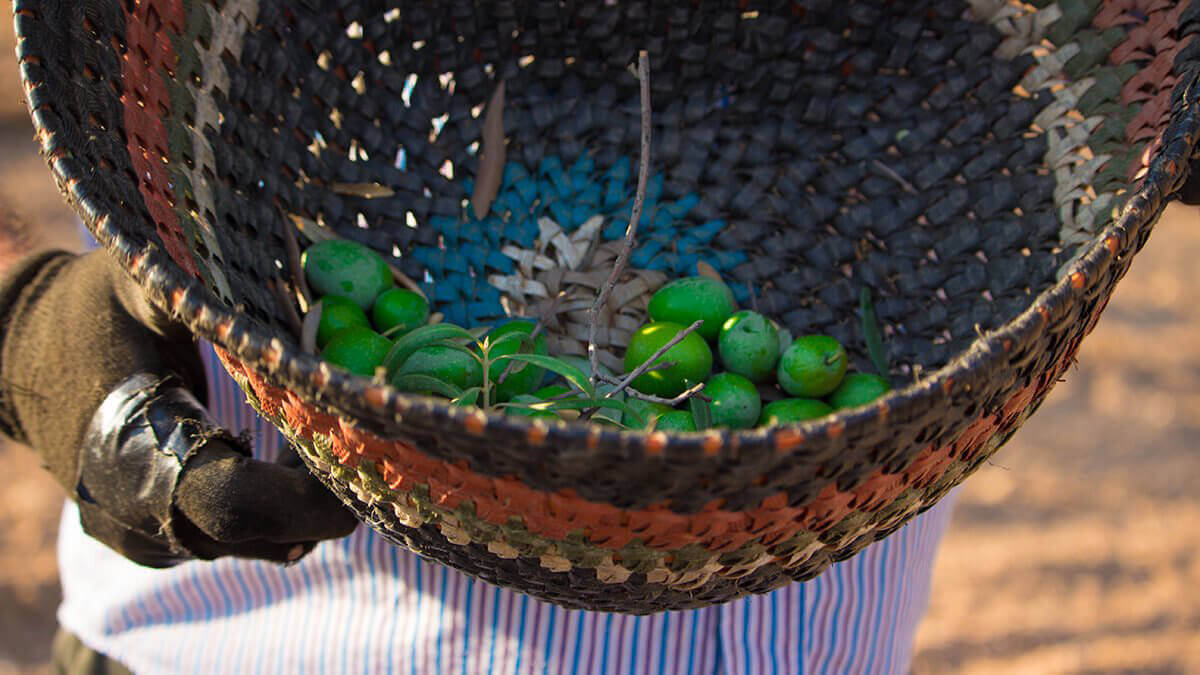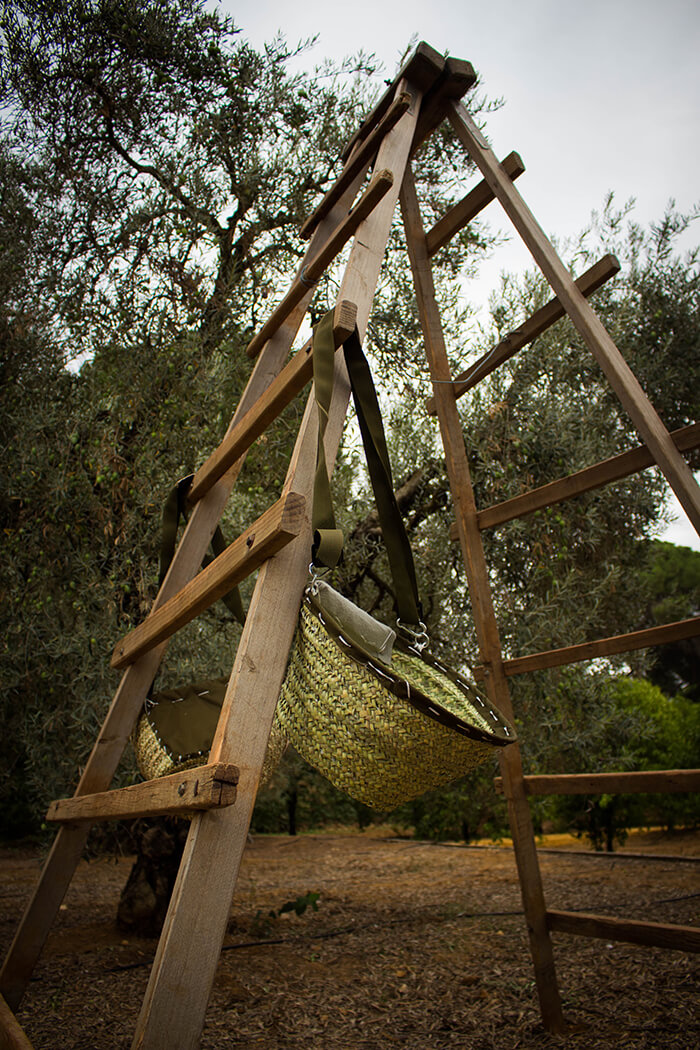From Tree to Table !

Based in Carmona, about 30 km away from the city of Seville in southern Spain, the Losada family has been growing superior quality table olives for several generations.
It is worth pointing out that Spain produces some 3,371,000 tons of olives, representing 39% of international output, which makes it the world’s leading olive producing country !
What Makes an Olive a “Table Olive” ?
 Some olive varieties are intended for eating, while others are meant to be turned into oil. The selection criteria include the size of the fruit, its sugar content and its texture. Table olives have a moderate fat content, a smooth, easily detachable stone, firm and flavourful flesh, and delicate skin.
Some olive varieties are intended for eating, while others are meant to be turned into oil. The selection criteria include the size of the fruit, its sugar content and its texture. Table olives have a moderate fat content, a smooth, easily detachable stone, firm and flavourful flesh, and delicate skin.
The main challenge facing table olive producers is processing: due to their bitterness, olives are not fit for eating right after the harvest. They must be cured and transformed before they can be served as edible olives.
The Losada Way: Traditional Hand Picking
Losada olives are harvested by hand in the heart of Andalusia. In addition to keeping the olives perfectly intact and free of flaws, hand picking is a way to select the fruit based on condition and ripeness level. While costly, this technique remains the most efficient way to ensure a superior quality product.
A Few Transformation Methods
-
Sevillian style, for olives harvested while still green
After the olives have been picked, a first processing step, called curing, is needed to rid them of their naturally bitter taste.
The olives are first treated with a natural solution, to lower the acidity resulting from oleuropein, an extremely bitter substance (and powerful antioxidant) naturally present in olive trees. They are then washed and transferred into brine, a solution of water and sea salt. This is the stage where fermentation begins. It takes three months to rid the olives of their bitter taste. The fruit then takes on the even green colour and distinctive texture prized by consumers.
Natural fermentation, for olives that are turning colour
Since the olives are already at a later stage of ripeness, the treatment begins right away by soaking them in brine. They will then undergo natural fermentation during 3 to 12 months. Olives fermented in brine are firm, with a soft texture, a shiny skin and an exquisite fruity flavour.


